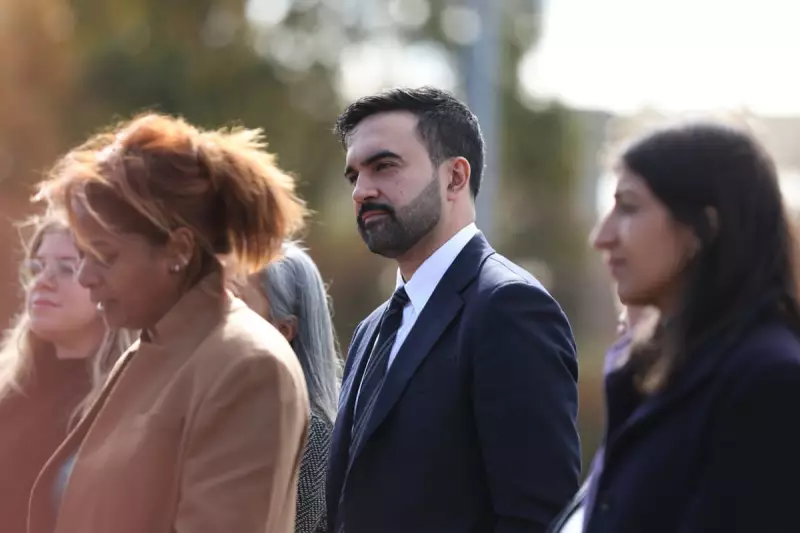
In a remarkable political transformation, policies once dismissed as radical are now entering the mainstream of New York's political conversation, thanks to the persistent advocacy of State Assembly member Zohran Mamdani.
The Unlikely Mainstreaming of Socialist Policies
When Zohran Mamdani first entered New York politics as a Democratic Socialists of America candidate, his proposals for universal social housing and single-payer healthcare were often met with scepticism from establishment figures. Just a few years later, these same ideas are being seriously debated by political opponents and embraced by constituents across the political spectrum.
"What we're witnessing is the normalisation of policies that were previously considered beyond the pale," explains Dr Eleanor Vance, political historian at Columbia University. "Mamdani's success demonstrates how quickly political windows can shift when ideas are presented as practical solutions rather than ideological statements."
Housing as a Human Right Gains Traction
Mamdani's flagship policy, the Universal Social Housing Act, proposes creating permanently affordable, city-owned housing available to all residents regardless of income. Initially criticised as unrealistic, the concept has gained surprising momentum amid New York's worsening affordability crisis.
"When I first proposed universal social housing, people told me it was political suicide," Mamdani reflects. "Now, I'm having serious conversations with colleagues who previously opposed the idea. The material conditions of New Yorkers have made the case better than any speech ever could."
Healthcare Revolution Finds Unexpected Allies
Similarly, Mamdani's advocacy for the New York Health Act, which would establish a statewide single-payer healthcare system, has moved from the political fringe to centre stage. With healthcare costs continuing to burden families and small businesses, even traditional opponents are beginning to engage with the proposal.
"The conversation has fundamentally changed," observes political strategist Michael Chen. "Where opponents once dismissed these ideas as socialist fantasy, they now feel compelled to offer alternative solutions. That in itself represents a significant victory for the progressive movement."
What This Means for America's Political Future
The normalisation of Mamdani's policies in New York offers a compelling case study for progressive movements nationwide. Several factors appear to be driving this shift:
- Material conditions: Worsening housing affordability and healthcare access have made radical solutions seem increasingly reasonable
- Grassroots organising: Sustained community engagement has built widespread support beyond traditional progressive constituencies
- Policy credibility: Detailed legislative proposals have transformed abstract concepts into actionable plans
- Electoral success: Repeated victories by DSA candidates have demonstrated the political viability of these ideas
As one veteran Democratic operative conceded: "The Overton Window hasn't just moved—it's been shattered. Policies that were unthinkable a decade ago are now being implemented. Mamdani and his colleagues have changed the rules of political engagement."
This political transformation suggests that the future of urban policy in America may look very different from its past, with ideas once confined to academic journals and activist circles becoming the new common sense of city governance.





